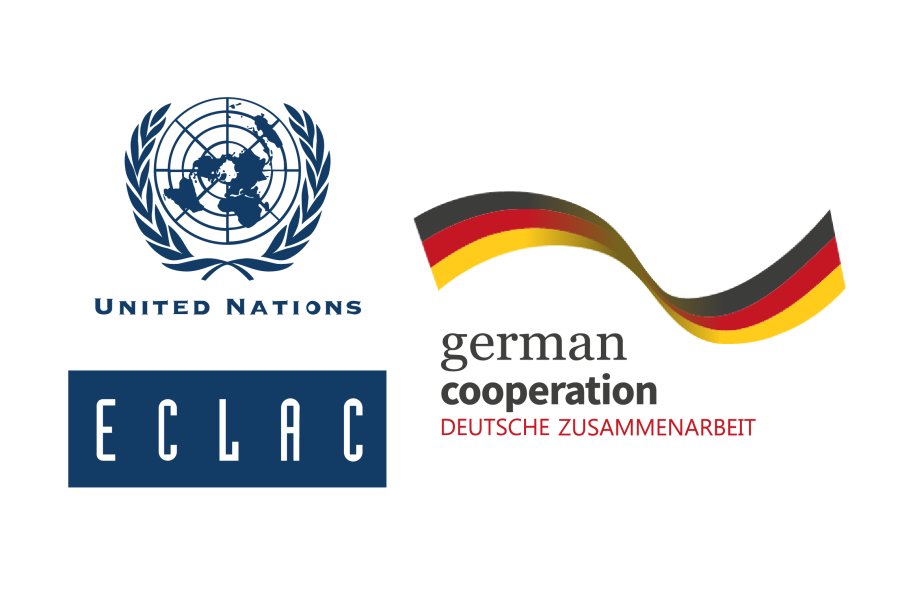Workshop on Institutional Strategic Planning and Result-based Management to be held in Paraguay
Work area(s)
The academic program will be held from March 10th to 13th, 2020, in Asunción, Paraguay, by the Latin American and Caribbean Institute for Economic and Social Planning (Instituto Latinoamericano y el Caribe de Planificación Económica y Social - ILPES) of the Economic Commission for Latin America and the Caribbean (ECLAC).
Within the context of the Cooperation Program between the Commission for Latin America and the Caribbean (ECLAC) and the German Cooperation BMZ-giz, "Development pathways for middle-income countries in Latin America and the Caribbean within the framework of the 2030 Agenda for sustainable development", the Latin American and Caribbean Institute for Economic and Social Planning (ILPES) will hold the workshop "Institutional Strategic Planning and Management by Results" in Asunción, Paraguay, from March 10th to 13th, 2020, to be carried out jointly with the Paraguayan Technical Secretariat for Planning (STP).
ECLAC has set out to contribute to strengthening the institutional capacities of Paraguay's STP in the areas of planning, development of the result-based management pillars and monitoring and evaluation of the National Development Plan. Along the same lines, the STP has been working in coordination with the Ministry of Finance on the new methodology of Result-Based Budgeting and Plan-Budget linkage as a planning tool.
The main purpose of the academic program is to promote knowledge and capacity building of various STP stakeholders, to orient their management towards the country's development results, by addressing the systems of strategic planning, budgeting and monitoring and control of institutional management in order to understand and apply the basic concepts for the articulation of the Result-based Programming System with Result-based Budgeting.
The activities' learning goals are to develop competencies in STP professionals and in the planning system, to implement planning, programming and budgeting processes by providing theoretical and technical foundations for the implementation of result-based management, and to implement the National Development Plan (PND) within the framework of the 2030 Agenda for Sustainable Development.
The course includes the presentation of concepts and discussion among participants around the application and development of these concepts in the region, combining methodological classes with workshop practices. The methodology seeks to privilege the exchange and discussion of experiences among the participants as a modality to integrate the learned contents into their particular realities, as well as the discussion of the critical factors for the design and implementation of result-basted instruments (explicit and tacit knowledge of the formulation and implementation processes).
The course is based on lectures with active training methods, under the modality of "learning by doing". Participants will have the opportunity to review concepts, develop criteria and apply the techniques and instruments seen in the classes through group exercises and group presentations.
The face-to-face workshop will include four days of intensive work (32 teaching hours), which will require the full and exclusive dedication of the participants.
Country(ies)
-
Paraguay
